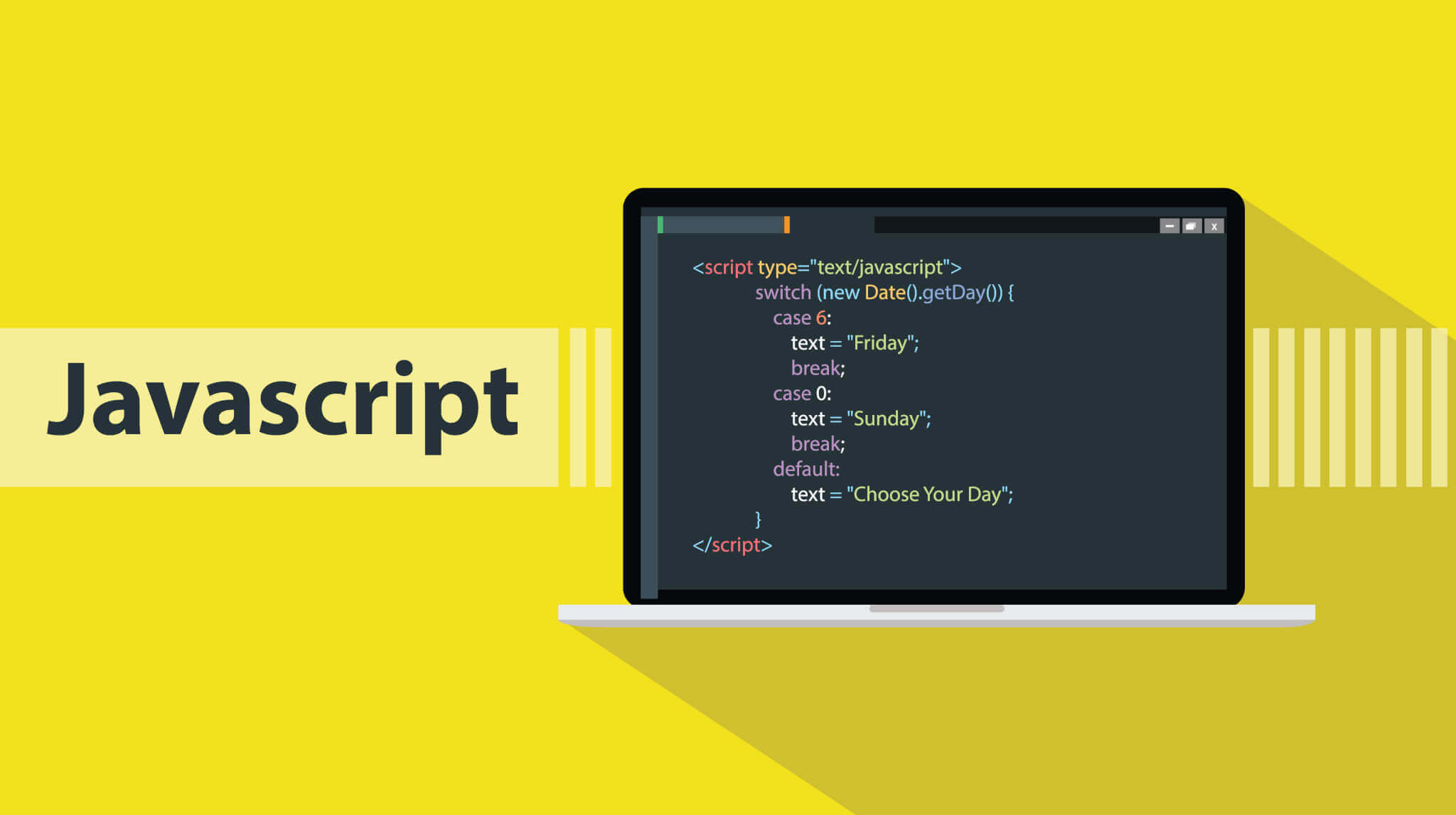A Journey to JavaScript: What, Why & How?
By Shubhra Sarker
Date: June 21, 2019

What is JavaScript?
Today we are going to start a journey with JavaScript. It is a scripting and programming language that allows you to implement complicated things on a web page like sliders, interactive maps, 2D/3D animation, scrolling videos etc. It can be written in web pages and run automatically when the page loads. Therefore, it does not need special operation or compilation to run. It first appeared in 1995.
JavaScript designed by Brendan Eich and developed by Netscape Communication Corporation, Mozilla Foundation, Ecma International.
How JavaScript code Works?

When our program is loaded into the memory, it starts execution from the first function call which is foo ()
Hence, the first stack entry is foo (). Since foo function calls bar function, secondly stack entry is a bar (). Since bar function calls baz function, thirdly stack entry is baz(). And finally, baz function calls console.log; fourth stack entry is console.log (‘Hello from baz’).
Until a function returns something, it won’t be popped out from the stack. The stack will pop entries one by one as soon as the entry returns some value, and it will continue pending function executions.
Why JavaScript?
Importance of JS can be determined from one fact that 94.5% of websites use JavaScript. As a client-side programming language, JavaScript helps to make web pages’ dynamic and interactive. At the same time cross-platform runtime engines like Node.js to write server-side code in JavaScript.
1. Implement Client-Side Scripts:
JavaScript was designed for the client-side scripting language. Most web developers are still using JavaScript as a client-side scripting language. Web developers can quickly write custom server-side-script and interact with HTML easily. JS can further use to make a more productive user interface without less server interaction and reduce server load.
2. Write a Server-side code:
The web developers can also write server-side code in JavaScript by using a cross-platform runtime engine like Node.js. It further executes the JavaScript code efficiently through the Google V8 JavaScript engine.
3. Simplify Complex Web Application Development:
Despite being an interpreted programming language, JavaScript simplifies the development of complex web applications by allowing developers to streamline the application’s composition.
4. Responsive Web Design
5. Google AMP Project
6. Varying Libraries and Frameworks:
Web developers can easily extend the functionality of JavaScript by using several libraries and frameworks. React.js makes it easier for programmers to accomplish specific tasks.
Popular JavaScript Frameworks:
- React.js
- Angular.js
- Vue.js
- Meteor.js
- Ember.js
- Backbone.js
Future of JavaScript
Since its inception in 1995, JavaScript has been growing into the most popular, dominant language of the web. Over the last decade, the adoption of JavaScript has only been growing, showing no signs of slowing down.
The annual survey shows that 69.8% of respondents, as well as 71.5% professional developers, are using JavaScript nowadays according to Stack Overflow. Finally, this is excellent news for developers who either know JS or are planning to learn it.
Our JavaScript Journey will be continue. You can gather a vast idea about those frameworks from my another blog, so keep connected with- Augnitive | Blog


